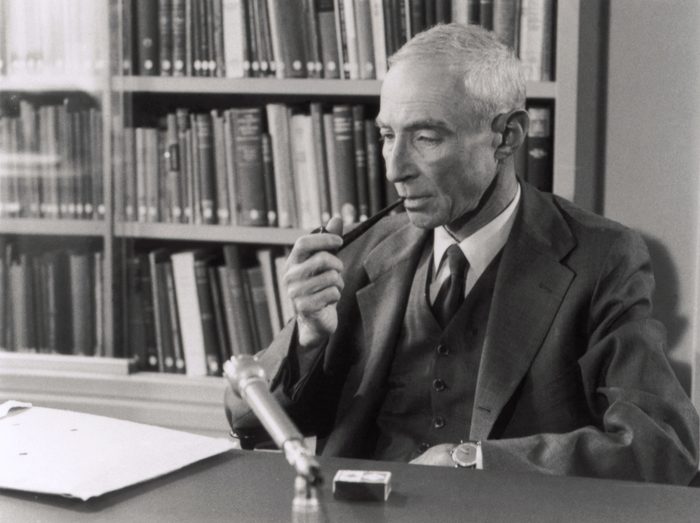|
At a time when Russia, China, the United States and other atomic powers are increasingly threatening humanity with the prospect of a nuclear apocalypse, it's not easy to bear the name Oppenheimer. Charles, 48, is the grandson of Robert Oppenheimer, the great physicist who headed the Manhattan Project that led to the creation of the first atomic bomb.
Since the release of the blockbuster film by Anglo-American director Christopher Nolan, he and members of his family have been in the spotlight. He and his cousin Kate, Robert Oppenheimer's great-niece, came to the Geneva Science and Diplomacy Anticipator’s summit held at the European Organization for Nuclear Research, Cern, in Geneva to talk about his grandfather's legacy and the importance of science.
“I didn't know my grandfather, but in the family, with my father Peter, who was on the Los Alamos site in New Mexico, we talked a lot about this legacy and what we should remember about my grandfather's life,” says Charles Oppenheimer. Born in Santa Fe, New Mexico, the former computer engineer now lives in San Francisco.
His family story has taken on a new dimension with Nolan's film Oppenheimer, based on a biography of the famous physicist, American Prometheus: The Triumph and Tragedy of J. Robert Oppenheimer. Charles went to the filming location and met the director. He feared the worst but, in the end, came away from the screening satisfied. He was pleased to see that the film had sparked a wide-ranging debate on the danger of nuclear weapons.
For him, Robert Oppenheimer was a scientist through and through. He did what he had to do as a scientist during the war. “He loved science,” says his grandson. “But he lost the political battle when it came to controlling the nuclear arms race.”
Read the full story on Geneva Solutions (translated from Le Temps)
|








